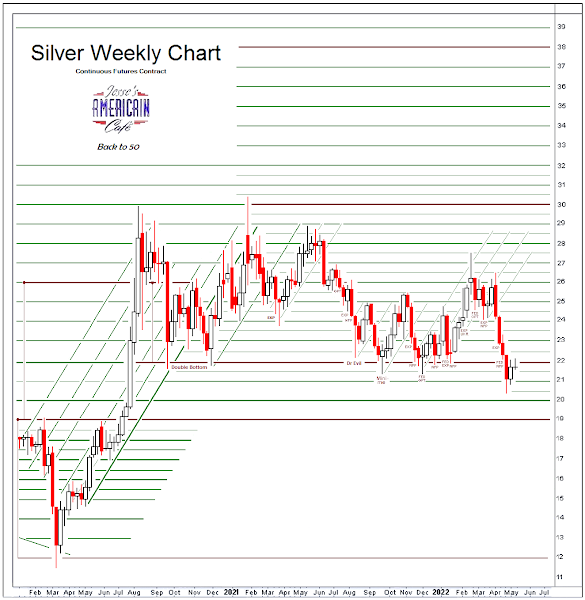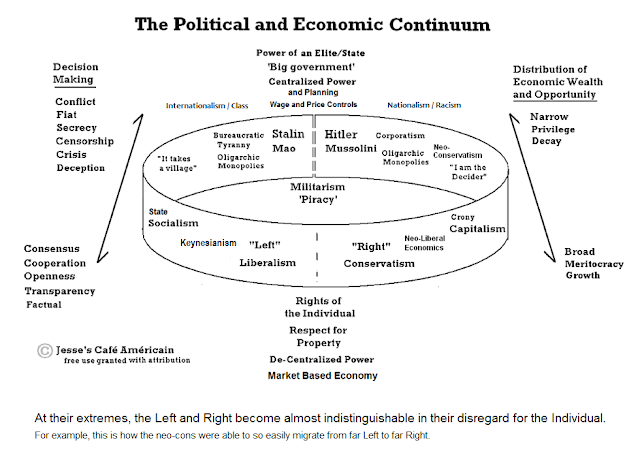"We cannot look to the conscience of the world when our own conscience is asleep."
Carl von Ossietzky, German editor of Die Weltbühne, awarded the Nobel Peace Prize in 1935
"It would be no sin if statesmen learned enough of history to realize that no system which implies control of society by privilege seekers has ever ended in any other way than collapse."
William Dodd, historian and US Ambassador to Germany, 1933
I am reading a new book titled
Hitlerland, by Andrew Nagorski. Thank you to reader Andrew for recommending it. He knows I am very widely read in this period of history and find it fascinating both from an economic, sociological, and political perspective.
I was prepared for a rehashing of things I have already known and read, and I must admit I was initially put off a bit by the title which sounds frivolous. I was pleasantly surprised, even a bit amazed.
The book is highly original, and extraordinarily factual, in that Nagorski spent an extraordinary effort investigating eyewitness accounts, many of them unpublished, by Americans who lived there during the period in Germany from the Weimar Republic to the rise of Hitler and the beginning of the Second War.
He inserts minimal personal opinion and analysis into the writing, being more the journalist than the historian. He does treat the after-the-fact accounts with the proper regard for posturing and self promotion. He does have some very charming vignettes as well that make it a highly readable book.
It is well done, a 'must read' for anyone who wishes to understand that period of time from the perspective of those who lived it. It adds a new dimension to a much written about period of time. Remarkably so.
If there is anything that was surprising, it is the abject misery and despair of the German people during the Weimar Republic with the hyperinflation, and how few people actually saw the worst to come politically, after a false economic recovery, with the Crash of 1929. One
knows these things, but they do not really understand them, not having lived it.
Personal accounts help in this. This is why I found the book,
When Money Dies by Adam Fergusson so helpful in this regard, as well as Ken Burns masterful documentary,
The Civil War.
The fear of the Socialists and the Communists in particular is a key driver for the events of that time, and is not to be discounted. The cynical dealing and irresoluteness of the Weimar politicians is another factor. There were open fights in the streets on a regular basis, although they were often surprisingly 'orderly' as this book relates. Some of the passages are quite amusing for those familiar with the German penchant for orderliness, even in the midst of urban warfare.
The capacity for self-delusion and a bad compromise is amazing, especially during periods of confusion, fear, and distraction. And the moral base in Germany at that interwar period was already notoriously relativistic and given to occultism, odd theories, and Nietzchean extremes. And after war, hyperinflation, and a new Depression, their spirit and will to resist evil was simply exhausted, especially when it was backed by systematic terror and force.
We ought not to be too critical of those people, many of the Americans included, who did not see the worst coming. Did you see the recent financial collapse coming, and what has followed? Do you even understand it yet? History may be amazed at your ignorance. And yet all the signs of trouble were there during the period from 1999 to 2007.
Some people were warning of the credit bubble, the imbalanced financial sector, and widespread fraud. And the American people were distracted by a 'war on terror,' and not the collapse of their lives and savings after the decimation from a brutal world war that left the flower of their youth dead, crippled, or broken.
And then in Germany there was another Crash, and the onset of Great Depression, and the people thought,
no, not again. Anything is better than this. And so the bargain with the devil was made, and after a brief blaze of false glory, hell followed.
This is not to excuse anything that was done, or permitted to happen. Far from it. But it is to place this sort of tragedy within its human context, and to remind us that we are all capable of such confused cowardice and acquiescence in the face of evil. We must remain steadfast and resolute against it, especially before resistance demands the type of heroism of which few are capable.
The consensus of those who met Hitler was that he was a most ordinary person, with little charisma or appeal. Dorothy Thompson called him 'the very prototype of the
Little Man.' He seemed nondescript, but inwardly mad, illogical and ineffective, and they were incredulous that he could rise to power.
A key tenet of the Nazis was the rejection of objective fact and reason in favor of the passions of 'the blood' and of
instinct. Truth was not an impartial consideration or serious limitation to conclusion and action. That is a familiar refrain amongst ideologues and the more extreme elements of both left and right on the political continuum.
There are a few heroic figures in this book, and prominent among them is the Pulitzer prize winning journalist Edgar Ansel Mowrer, whom I had never heard about before this, which is a shame. I will let you read about him for yourself.
I had not realized how badly the prospects of the National Socialist party had fallen in the years after Hitler's imprisonment for the abortive
putsch and before his sudden rise to power as chancellor. They were essentially done. But they served a purpose as a
cat's paw for those wealthy bankers and industrialists who feared the Communists and Socialists, and for cynical Weimar pols who were too busy fighting for power amongst themselves to see the rising threat of fascism.
I had not remembered that during the
Night of the Long Knives not only the SA leadership was taken on shot, but old political rivals as well, some of whom were retired from political life. Hitler's ruthlessness was exhaustive, and examples were often made. Again, we ought not to discount the regular use of domestic terror as party policy from the very onset of its ascendancy.
That rise to power was supported by the fresh fears and concerns brought on by the Great Depression which knocked Germany back off course, and the craven weakness of spirit of the politicians of his day. In the manner of Mussolini he gained power almost by default, and then secured it with a brutal iron fist. I am now convinced that without that terrible economic collapse after 1929 to provide a ready platform, he would have died a relatively forgotten crank.
One thing that I wonder about often is the attention given to Hitler because of his abominable atrocities, and the relatively little time spent on his role model, Mussolini. I have read a bit more on him, and he was despicable, a ruthless thug. The early Nazis were referred to by the Americans as the
fascisti.
Here is a brief excerpt from the accounts of the American journalist Edgar Mowrer. It is not anything I had not known from other readings but gives one a sense of the style in which Nagorski allows events to unfold through the words of his witnesses to history, and how he weaves their testimony into a rich tapestry.




























































